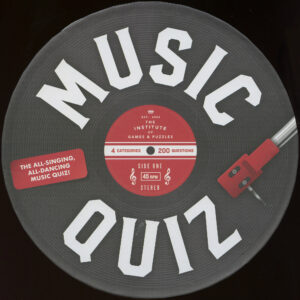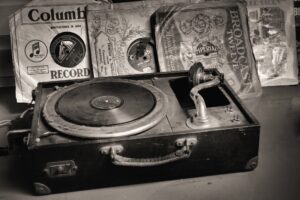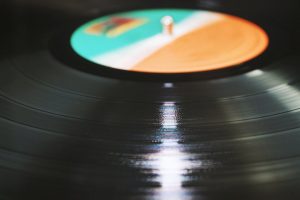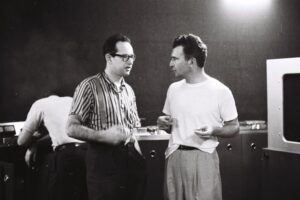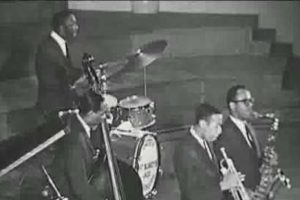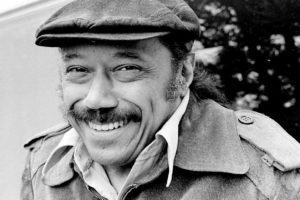“Marie Laveau” — featured in this History Channel segment — was a practitioner of voodoo in old New Orleans. The song that bears her name is played by Oscar “Papa” Celestin, an important cornet player and bandleader in the birthplace of jazz. The song was covered by Bobby Bare, Dr. John, Dr. Hook (don’t bother) and Canned Heat (definitely bother).
Oh! Didn’t He Ramble (below) was a hit for Louis Armstrong in the early Hot 5 and Hot 7 era. Armstrong, it is noted in the AllMusic bio below, played with Celestin when he was young:
In those days, playing with Celestin was as steady a gig as could be had in New Orleans. Basically all of the best-known New Orleans jazz pioneers played with Celestin at one time or another. Louis Armstrong was his second cornet in 1921 and 1922, Jimmie Noone played clarinet for him in the 1916 band, and Clarence Williams once led a Celestin unit. The Original Tuxedo Orchestra also proved one of the most prolific New Orleans-based recording bands of the 1920s, waxing 17 sides between 1925-1928. In 1932 Celestin was forced out of the business by depression economics and did not get another band together until after the second World War. The new Tuxedo Orchestra proved tremendously popular and was hailed as a key New Orleans tourist attraction. In 1953, Papa Celestin appeared leading his band in the big-budget travelogue Cinerama Holiday. Celestin died not long after, and his last recording singing, “Marie LaVeau,” is considered a voodoo cult classic. Celestin’s band continued to record after his death; ironically the number of records this “ghost” band made nearly equals that of Celestin’s own lifetime output.

